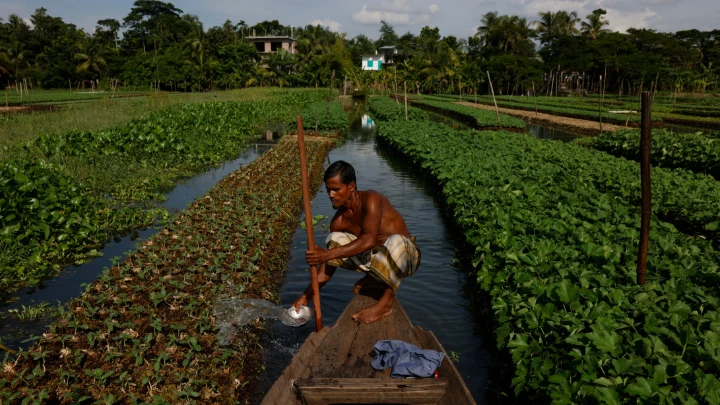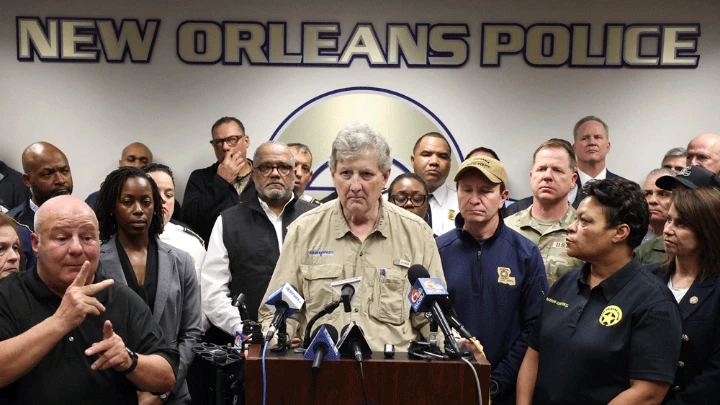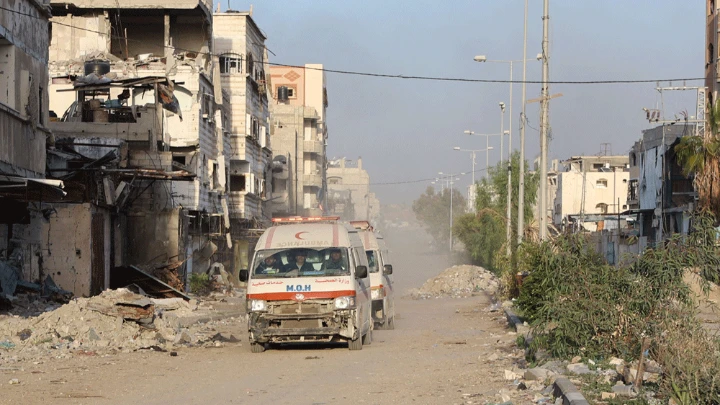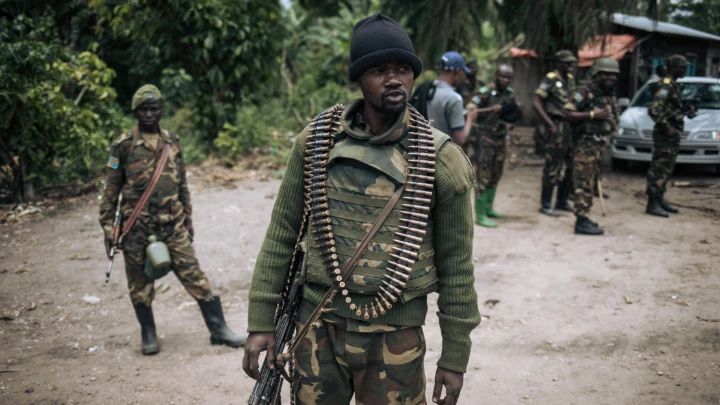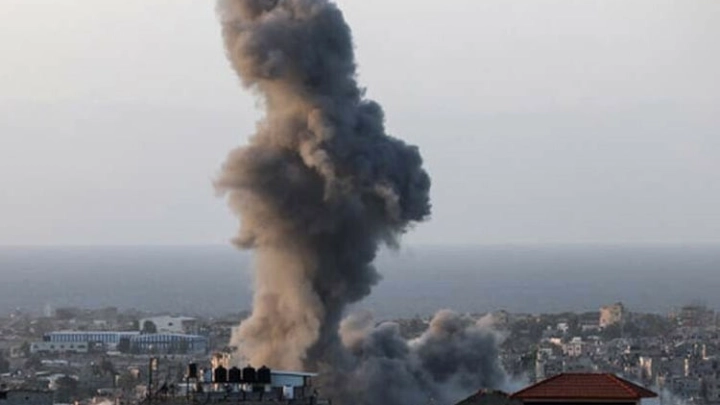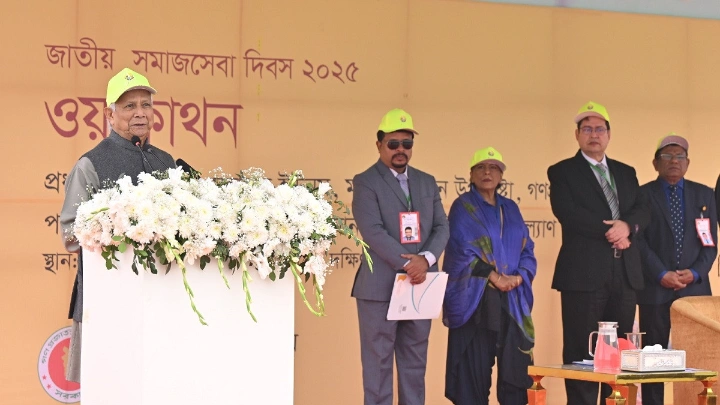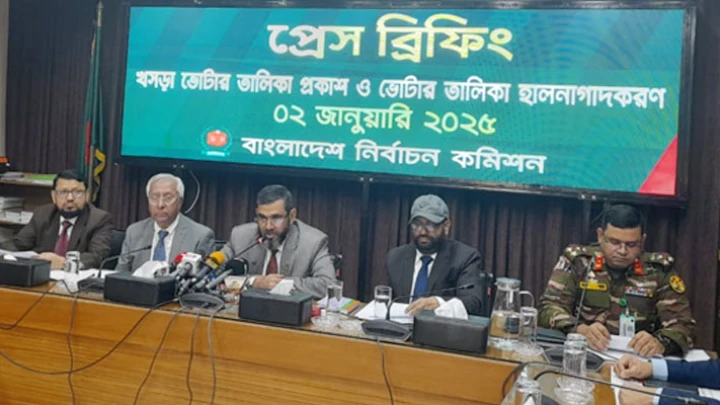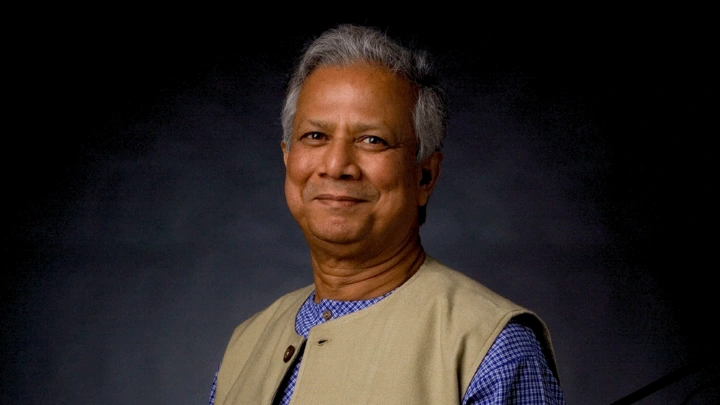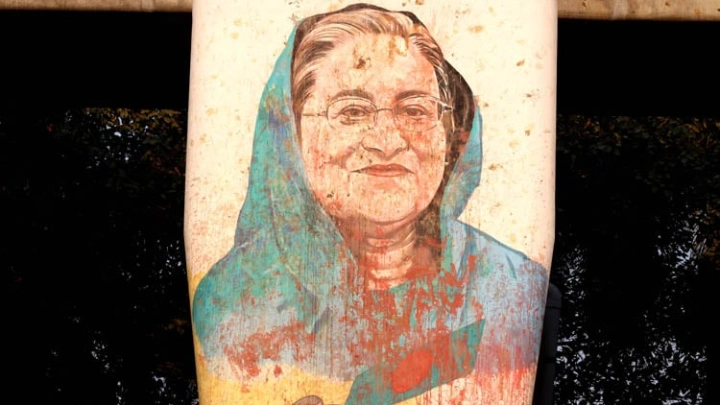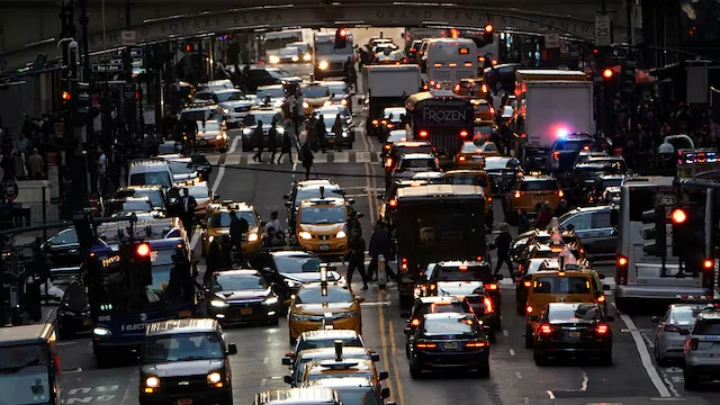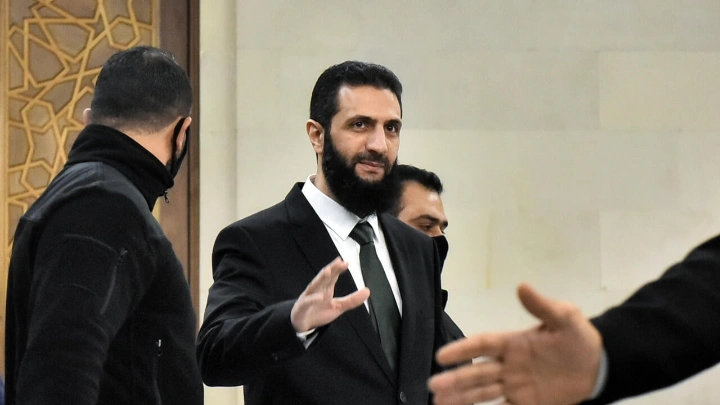COP27: UN experts for integration of human rights principles into negotiations
Shining BD Desk || Shining BD
UN independent experts have said the outcomes of the upcoming UN Climate Change Conference in Egypt are of critical importance, and they called on states to make sure that all decisions made, and actions taken, consider their human rights implications.
"This, in turn, will lead to better policy-making in the area of climate change," they said in a statement from Geneva on Friday.
The experts called on states to fully integrate human rights standards and principles into negotiations during the 27th Conference of the Parties to the UN Framework Convention on Climate Change (COP27) starting in Egypt on Sunday.
"In 2015, states adopted the Paris Agreement, pledging to respect human rights in all climate actions. However, as the parties meet in Sharm el Sheikh for COP27, little progress has been made in the area of human rights, or climate actions," they said.
The United Nations Human Rights Council has stressed that human rights obligations, standards and principles have the potential to inform and strengthen international, regional and national policy making in the area of climate change, promoting policy coherence, legitimacy and sustainable outcomes.
However, human rights, and the financing required to realise these rights, have yet to be mainstreamed in climate change discussions, including the annual COPs.
Climate change is negatively impacting the full and effective enjoyment of the human rights enshrined in the Universal Declaration of Human Rights and other international human rights instruments.
Climate change is having a major impact on a wide range of human rights today, affecting mostly marginalised groups, and could have a cataclysmic impact in the future, unless ambitious actions are undertaken immediately.
Among the human rights being threatened and violated are the rights to life, adequate food, safe drinking water and sanitation, the enjoyment of the highest attainable standard of physical and mental health, including sexual and reproductive health, adequate housing, self-determination, just and favourable conditions of work, development, the right to a clean, healthy and sustainable environment and livelihoods, as well as the right to education and cultural rights.
Climate change is also contributing to human rights violations with specific adverse impacts on women and girls and against groups in marginalised situations, such as migrants, minorities, indigenous peoples, people of African descent, older persons and persons with disabilities including albinism.
Climate change is exacerbating the risk of other human rights violations, including violence against women and girls, trafficking in persons, especially women and children, excessive use of force in the context of policing climate rallies and protests, racism and discrimination.
Systemic racism and contemporary legacies of colonialism negatively impact the right to a healthy environment and continue to have an impact on the right of everyone to the enjoyment of the right of the highest attainable standard of physical and mental health.
Lawyers and others working to address climate change face abuse, threats to their lives, and other risks. Climate change is also a major driver of forced displacement and renders the search for durable solutions significantly more challenging.
States have taken important steps to recognise the right to a clean, healthy and sustainable environment (which includes the right to a safe climate) as a human right, most recently in General Assembly resolution 76/300 of 29 July 2022.
"We are deeply concerned by the lack of commitment by states that have been the primary historical contributors of greenhouse gas emissions. Current nationally determined contributions provided by parties to the Paris Agreement remain seriously inadequate to achieve the climate goals of the Paris Agreement," the experts said.
The negative effects of failing to cut greenhouse gas emissions are disproportionately suffered by persons and communities who are already in a disadvantageous situation. And not enough financial resources are being allocated to these high-priority concerns.
The UN independent experts called on states to urgently step up their mitigation actions (emissions reductions), in line with their common but differentiated responsibilities and respective capacities, as inadequate action to reduce greenhouse gas emissions is creating a human rights catastrophe.
This would include ending fossil fuel expansion, and accelerating the phase-out of coal, oil and natural gas in order to limit global warming to 1.5°C as required under the Paris Agreement. It would also include regulating the emissions of businesses under their jurisdictions, and ensuring their courts are available to enforce these regulations.
The experts urged the states to include human rights considerations in their nationally determined contributions and other planning processes and ensure that market-based mechanisms have effective means for protecting human rights and effective compliance and redress mechanisms, including mandatory environmental and human rights due diligence laws and policies.
They called on states to establish a loss and damage finance facility, and significantly step up funding to help particularly vulnerable developing countries, especially small island developing states and least developed countries, to cover the costs of loss and damage.
The experts urged the states to call for climate finance to address mitigation and adaptation, fulfilling the $100 billion annual pledge and increasing it to meet the needs of climate-vulnerable states.
The full and effective participation of indigenous peoples and civil society, including human rights defenders, grassroots organisations and women-led organisations in decision-making processes at all levels of the COP process has to be ensured, they said. "Indigenous peoples and civil society play an essential role in the advancement of climate action, and their voices must be heard."
To ensure that climate policies, including those on adaptation, mitigation and financing, gender equality, the rights of the child, non-discrimination and racial justice, and ensure the full, equal and meaningful participation of women and girls with diverse backgrounds in climate change mitigation actions at all levels have to be ensured, the experts added.
They called on states to stay attuned to the impacts of climate change, as well as the design and implementation of mitigation and adaption measures on all human beings, so that all peoples are treated humanely and with dignity, and if forced to relocate or migrate because of the effects of climate change, they are able to rebuild their lives and livelihoods with dignity.
The experts urged the states to expand opportunities for safe migration, including through a general right of admission and stay for people displaced by climate change, and pathways to citizenship.
They also suggested including children and youth representatives in their delegations to COP 27 and future COPs, to ensure that young people have a say in their future.
Shining BD

